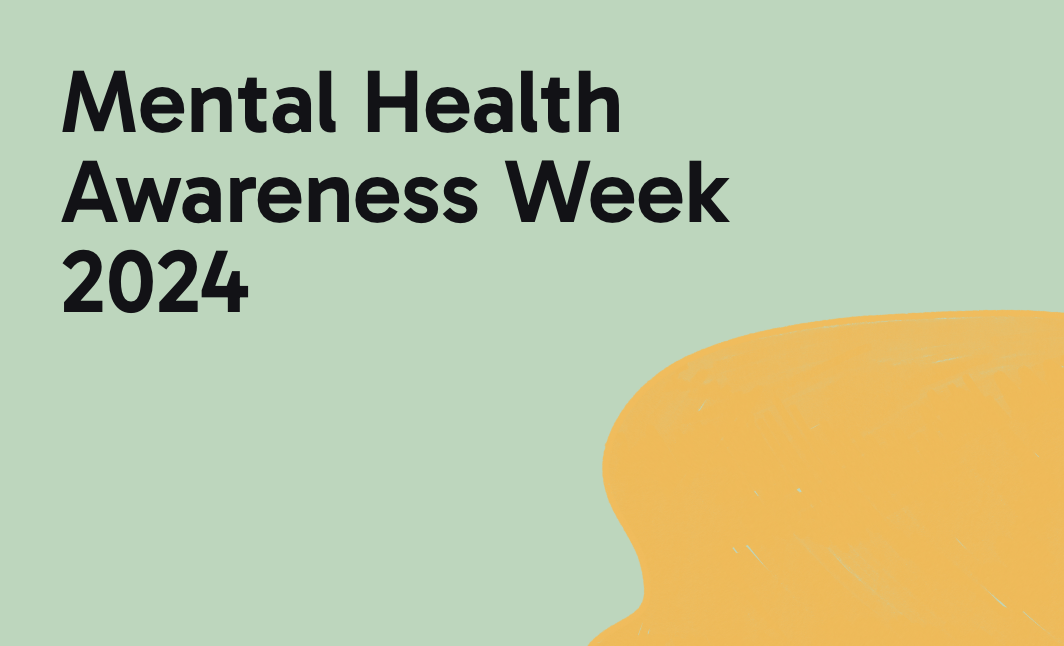The benefits of physical activity for mental health

As we welcome Mental Health Awareness Week 2024, we’re going to delve deeper into this year’s theme- movement!
The relationship between physical activity and mental health has been well studied, and the benefits of finding even small moments for movement in our everyday lives are great.
In this article, we’ll outline some of the many benefits you may feel if you introduce more movement into your routine.
Reduced Stress and Anxiety
The relationship between physical activity and mental health is most evident in its ability to reduce stress and anxiety.
Engaging in exercise releases endorphins, the body’s natural stress relievers, which can help alleviate feelings of tension and worry.
So, whether you opt for a brisk walk, a yoga session, or a game of tennis, physical activity provides an outlet for pent-up emotions, allowing for greater mental clarity and relaxation.
Improved Mood
Regular physical activity has been shown to boost mood and enhance overall emotional wellbeing.
The relationship between physical activity and mental health is a mutual one – as the body moves, the mind follows suit. Exercise stimulates the production of neurotransmitters like serotonin and dopamine, which play key roles in regulating mood and happiness.
Even a brief workout can result in a noticeable uplift in spirits, making it an accessible and effective strategy for managing mood disorders such as depression.
Enhanced Cognitive Function
The relationship between physical activity and mental health extends beyond just mood management.
Studies have shown that regular exercise can improve the way in which your brain functions – including memory, attention, and problem-solving skills. Physical activity increases blood flow to the brain, nourishing brain cells and promoting the growth of new neural connections.
This cognitive boost not only enhances academic and work performance but also contributes to overall mental sharpness and vitality.
Better Sleep
Quality sleep is essential for mental health, yet many people struggle to get adequate rest. Fortunately, the relationship between physical activity and mental health includes improved sleep patterns.
Engaging in regular exercise can help regulate the sleep-wake cycle, making it easier to fall asleep and stay asleep throughout the night.
Additionally, the physical tiredness resulting from exercise can promote deeper, more restorative sleep, leaving individuals feeling refreshed and rejuvenated come morning.
Social Connection and Support
Physical activity often involves engaging with others, whether it’s joining a sports team, attending group fitness classes, or simply going for a walk with friends.
This social aspect of exercise can provide valuable social connections and support, which are essential for maintaining good mental health.
Building relationships and sharing experiences with others through physical activity can foster a sense of belonging and community, reducing feelings of loneliness and isolation.
Join the movement!
The relationship between physical activity and mental health is undeniable. From reducing stress and anxiety to improving mood, cognitive function, sleep quality, and social connection, regular exercise offers a holistic approach to mental wellbeing.
By incorporating physical activity into our daily routines, we can cultivate a healthier mind-body connection and enjoy the countless benefits that come with it. So, this May Vita Health Group are encouraging you to join the movement, to feel the mental health benefits that physical activity can have.






